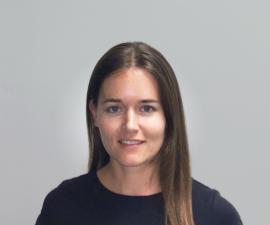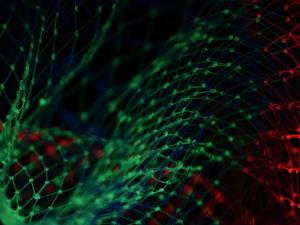

Research Bio
Prof. Nilah Ioannidis has a joint appointment in EECS and the Center for Computational Biology (CCB). Her group works on computational methods to analyze and interpret personal genomes, including machine learning and deep learning methods to predict the clinical impact of genome variation and to model variation in gene expression and other molecular and cellular phenotypes.
View recent publications: Google Scholar
Dr. Ioannidis was previously a postdoctoral scholar in the Department of Biomedical Data Science at Stanford University, where she worked on several machine learning tools to predict the pathogenicity of single nucleotide variants, including the ensemble predictor REVEL for missense variants. During her PhD in Biophysics at Harvard University, she worked in the Department of Biological Engineering at MIT and developed methods to analyze the dynamics of intracellular particles using hidden Markov modeling and Bayesian inference. She also previously served as Research Director at the Jain Foundation, a non-profit foundation focused on the rare genetic disease dysferlinopathy.
Recent awards:
- Chan Zuckerberg Biohub Investigator Award (2022-2027)
- Computational Transformation Fellow, UC Noyce Initiative (2022-2023)
- Okawa Foundation Research Grant (2021)
- NIH K99/R00 Pathway to Independence Award (2017-2022)
Research Expertise and Interest
computational biology, machine learning, artificial intelligence, genomics, personal genome interpretation, precision health, rare diseases, statistical genetics, molecular biology, biophysics

